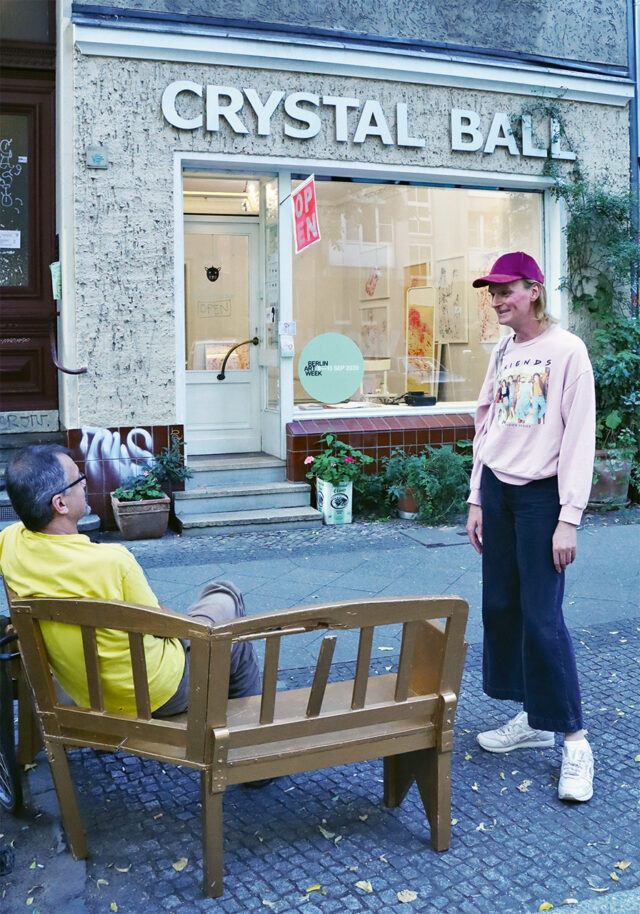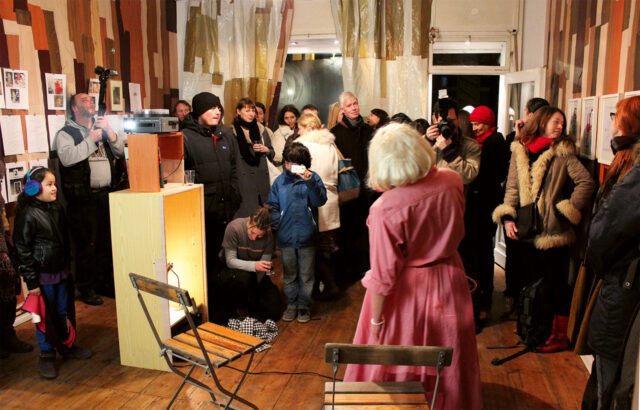
Außenansicht, 2020, Foto: Lydia Karstadt

Kirsty Kross, Lost-and perhaps even possibly
found, 2012

Außenansicht, 2020, Foto: Lydia Karstadt

Kirsty Kross, Lost-and perhaps even possibly
found, 2012